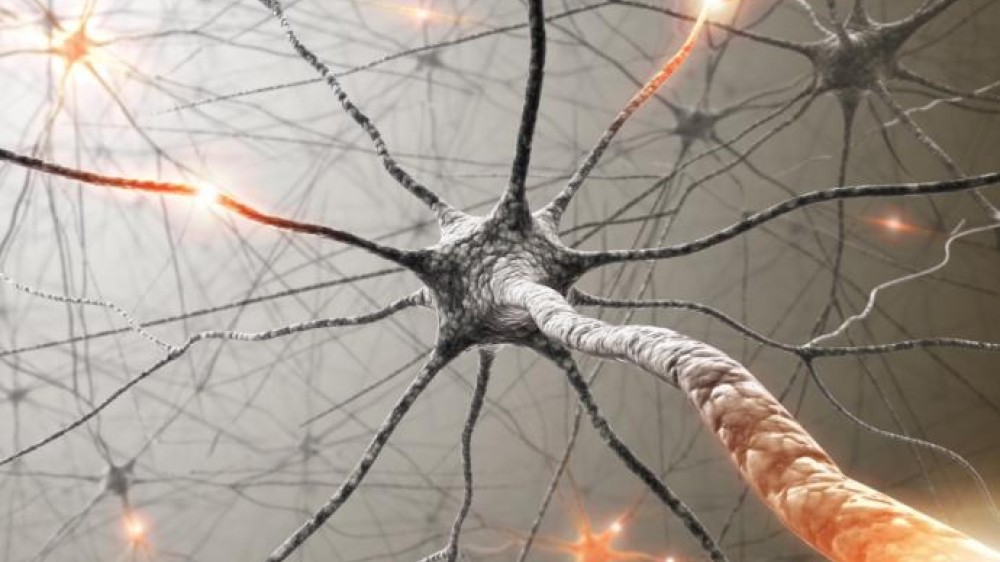The reproducibility of preclinical research has been in the limelight over the last few years, with many major scientific stakeholders concerned about the quality of the design and reporting of animal experiments.

The reproducibility of preclinical research has been in the limelight over the last few years, with many major scientific stakeholders concerned about the quality of the design and reporting of animal experiments.

The Association for Assessment and Accreditation of Laboratory Animal Care (AAALAC) and the Consortium for Innovation and Quality in Pharmaceutical Development (IQ) have announced the 2016 recipients of their Global 3Rs Awards.

A new model of mammalian prion disease has been developed in the fruit fly by a team led by Dr Raymond Bujdoso at the University of Cambridge.
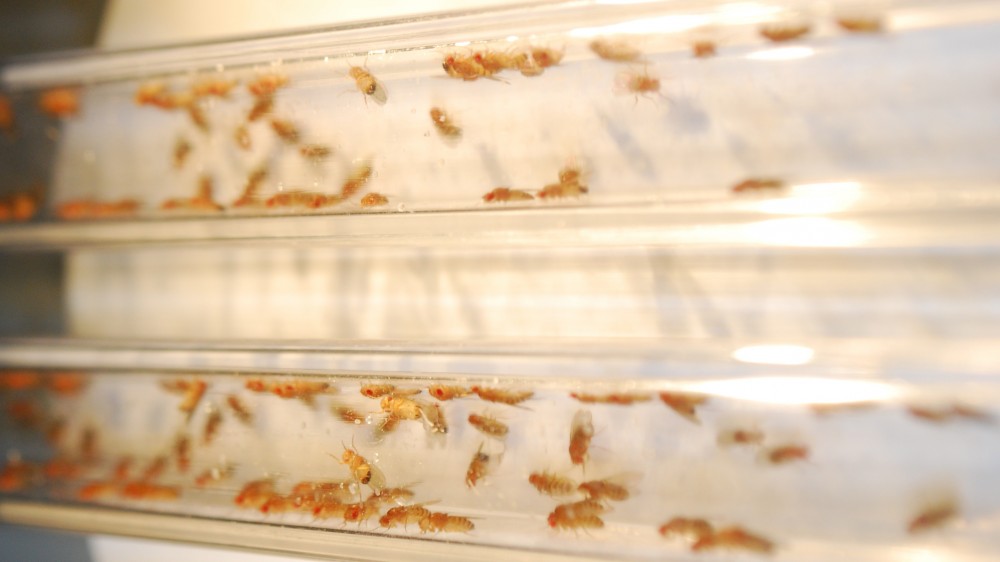
...but were too afraid to ask!
In this blog post Professor Lucy Walker sheds light on what it is like to be part of an NC3Rs Panel. Professor Lucy Walker is Chair of Immune Regulation at University College London's Institute of Immunity and

Since the inception of the NC3Rs 12 years ago, we have had a programme of work in toxicology and regulatory sciences.
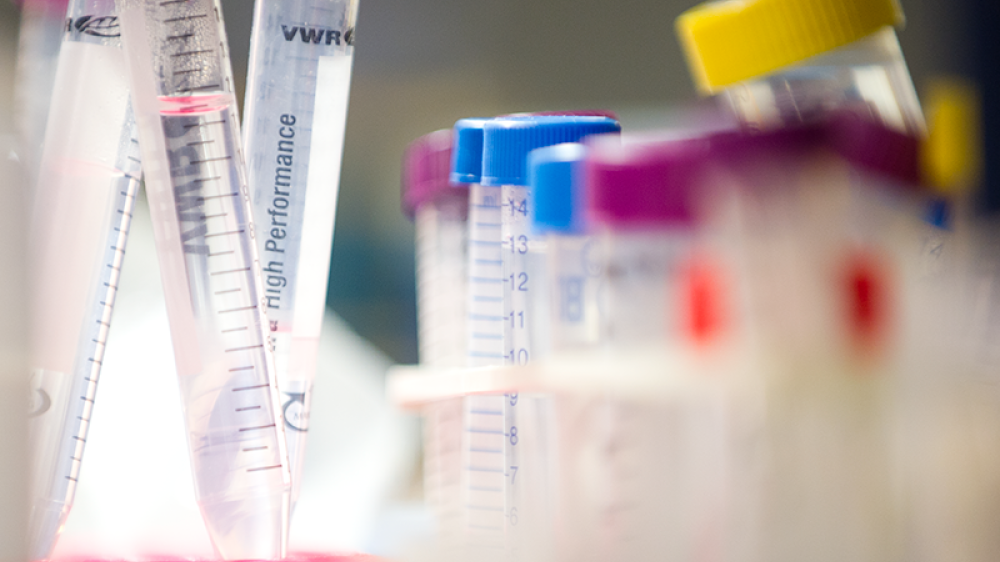
Our new e-learning resource “Euthanasia in Laboratory Animals” is now available. This is the third e-learning resource developed by Professor Paul Flecknell and his team at Newcastle University with funding from the NC3Rs.
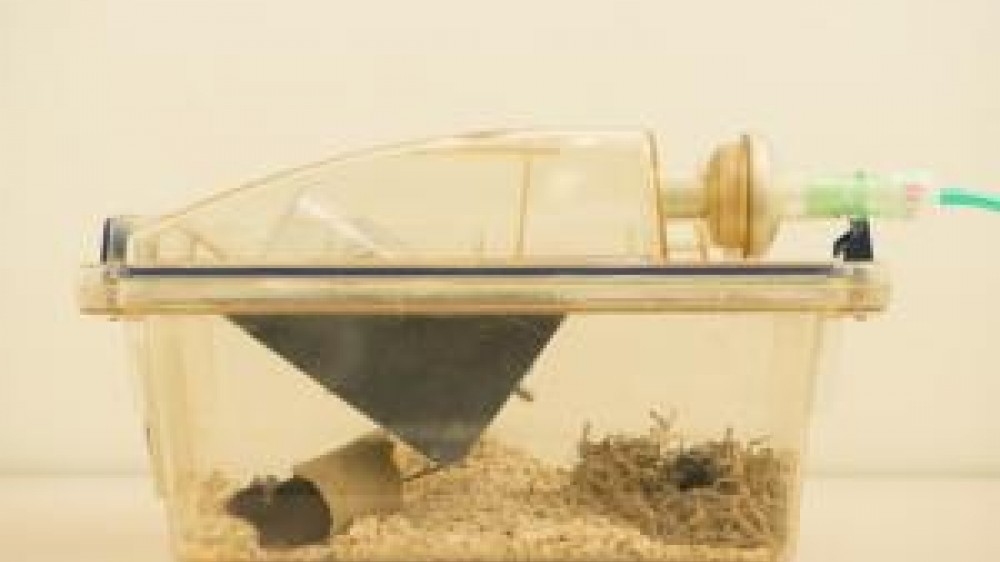
The environment in which laboratory animals are kept profoundly influences their welfare and can affect research outcomes.

We have awarded £1.5 million to the winners of the annual NC3Rs CRACK IT Challenges competition, run using the Small Business Research Initiative (SBRI) process which is supported by Innovate UK.
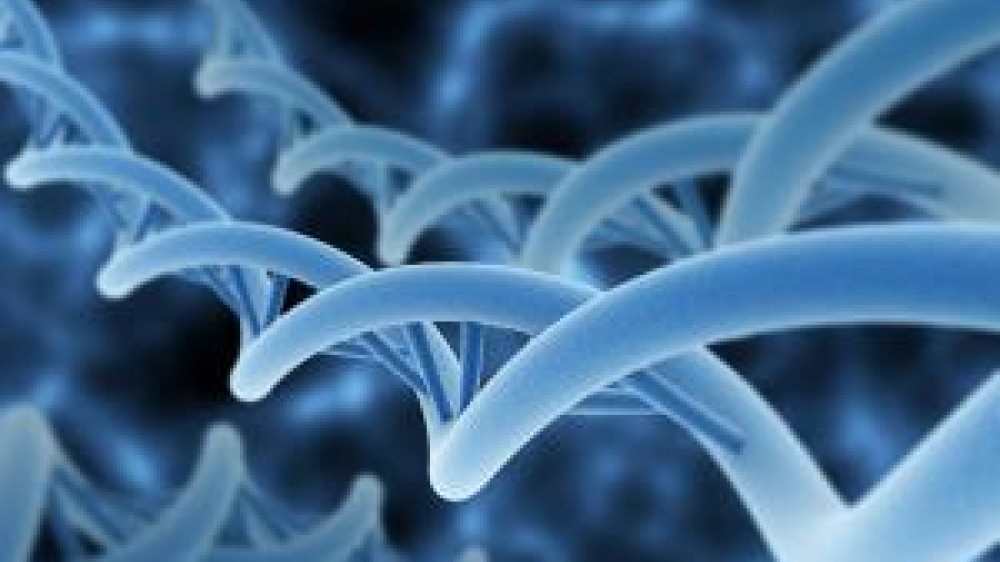
A paper published recently in Nature Protocols describes a new, non-invasive way to study the transport of molecules in neurons using the fruit fly.
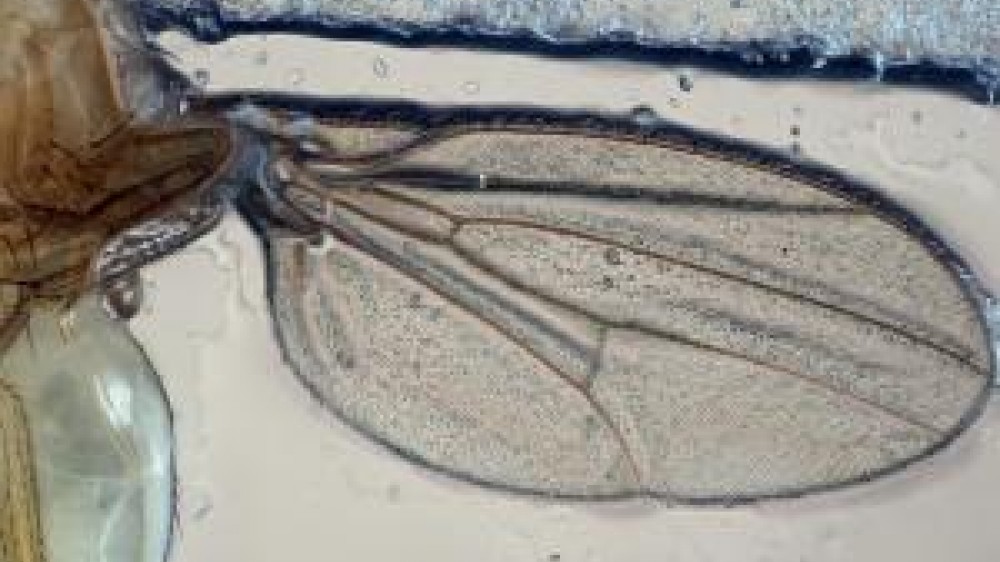
A new publication in the Journal of Toxicological and Pharmacological Methods compares the effect of traditional and modern home pen design on the welfare of laboratory beagles.

The use of food and fluid control as motivational tools for macaques used in behavioural neuroscience research is an area of longstanding interest to the NC3Rs.
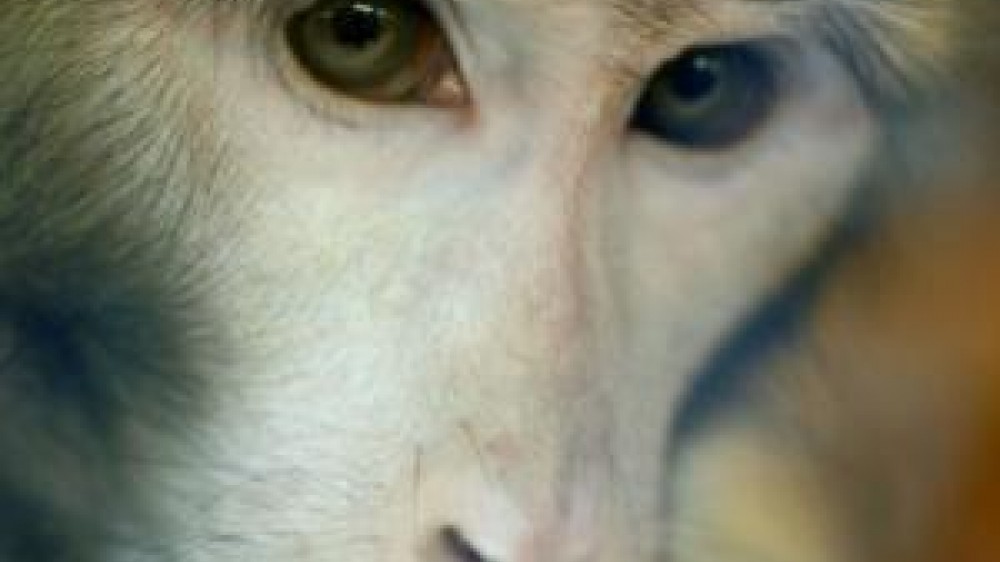
This October we are partnering with the British Library to host a Talk Science event focussing on the 3Rs.
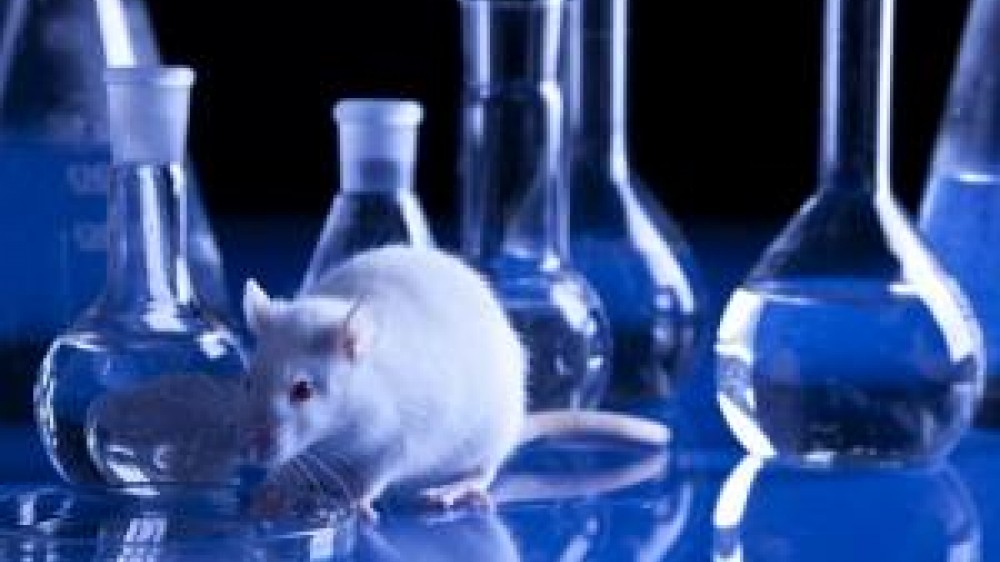
A new resource, launched this week, shows technical staff and researchers how to handle mice using non-aversive methods.
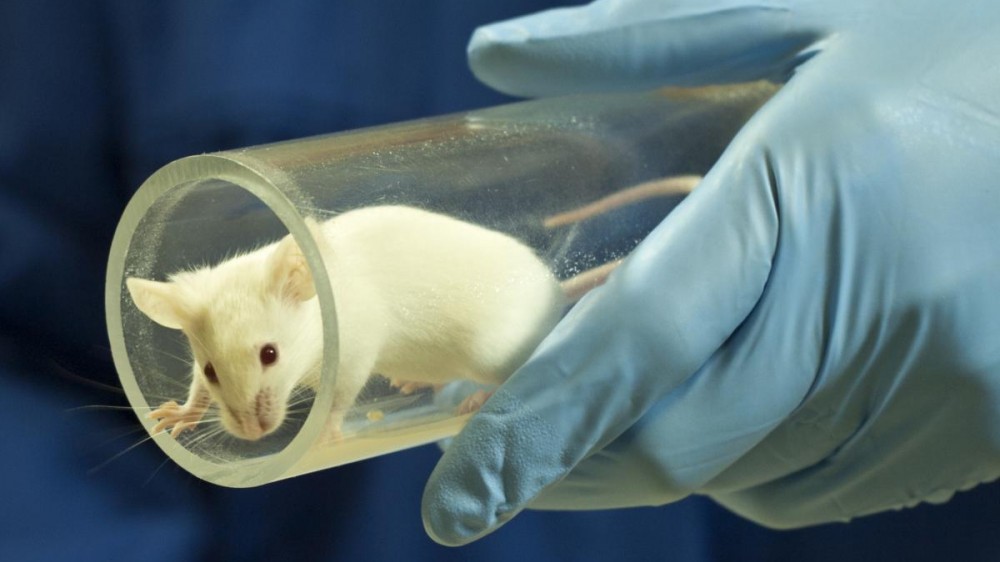
In July, the NC3Rs hosted 19 PhD students from institutions across the UK at our fourth annual Summer School.
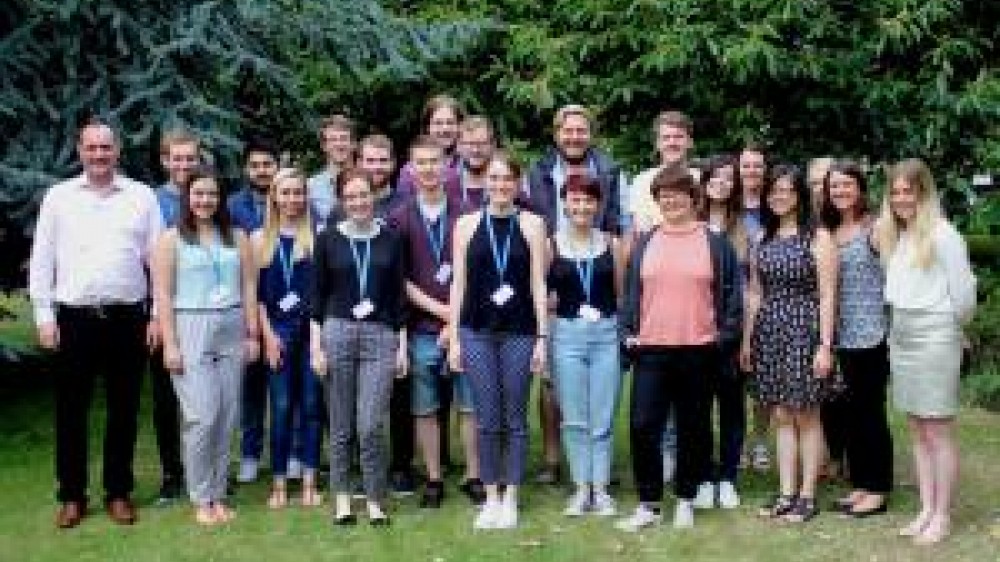
Four NC3Rs-funded scientists have been awarded funding under our public engagement scheme. The researchers will showcase their work through a variety of events taking place in the coming year.
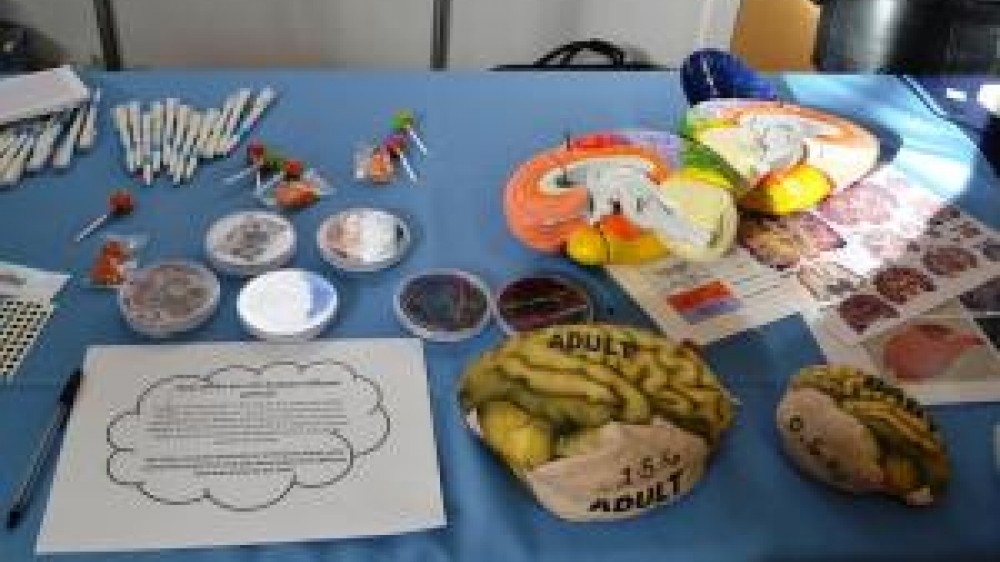
Metrion Biosciences Ltd has joined the network of partners involved in the DRGNET CRACK IT Challenge.
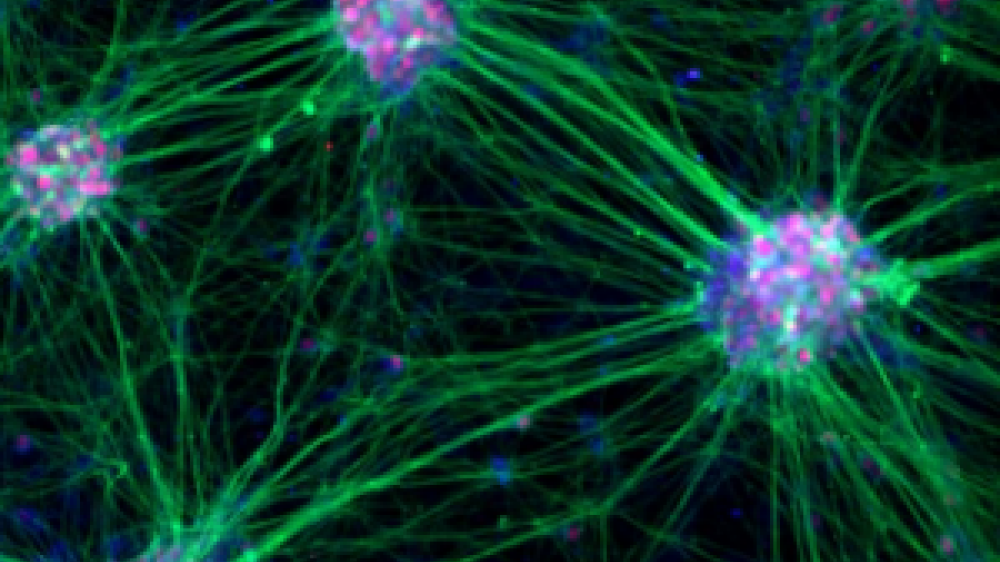
Millions of laboratory animals are killed each year worldwide, either because their organs or tissues are required, because a humane endpoint has been reached, or because they are surplus to requirements (e.g. due overbreeding or lack of a desired
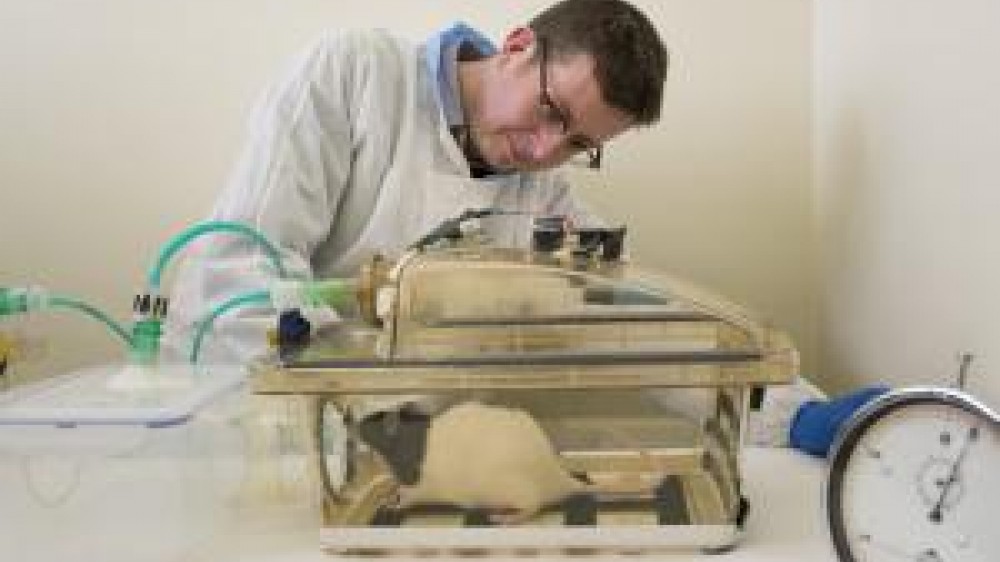
In her blog this month, our Chief Executive Dr Vicky Robinson discusses our ongoing collaboration with the Association of the British Pharmaceutical Industry (ABPI), and a new project involving data sharing.
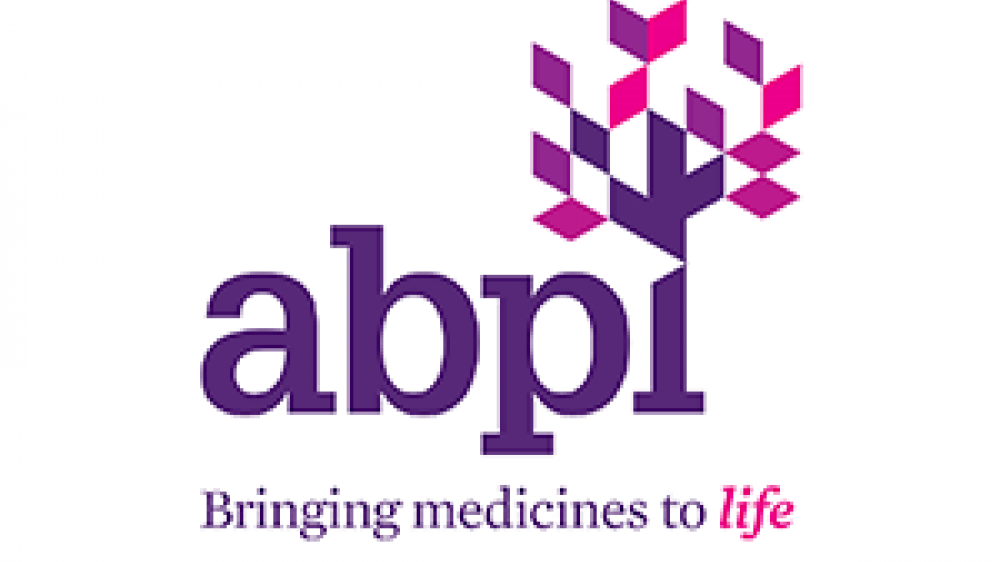
The 2016 CRACK IT Challenges competition consists of four Challenges identified jointly by the NC3Rs and Sponsors. This year the competition is funded by the NC3Rs, co-funding provided by Arthritis Research UK (“Osteo-chip”) and ESPRC (“Osteo-chip”

An Edinburgh based team are archiving stem cells from patients with bipolar disorder so that they can be shared with scientists worldwide to help reduce the use of animals in research.
